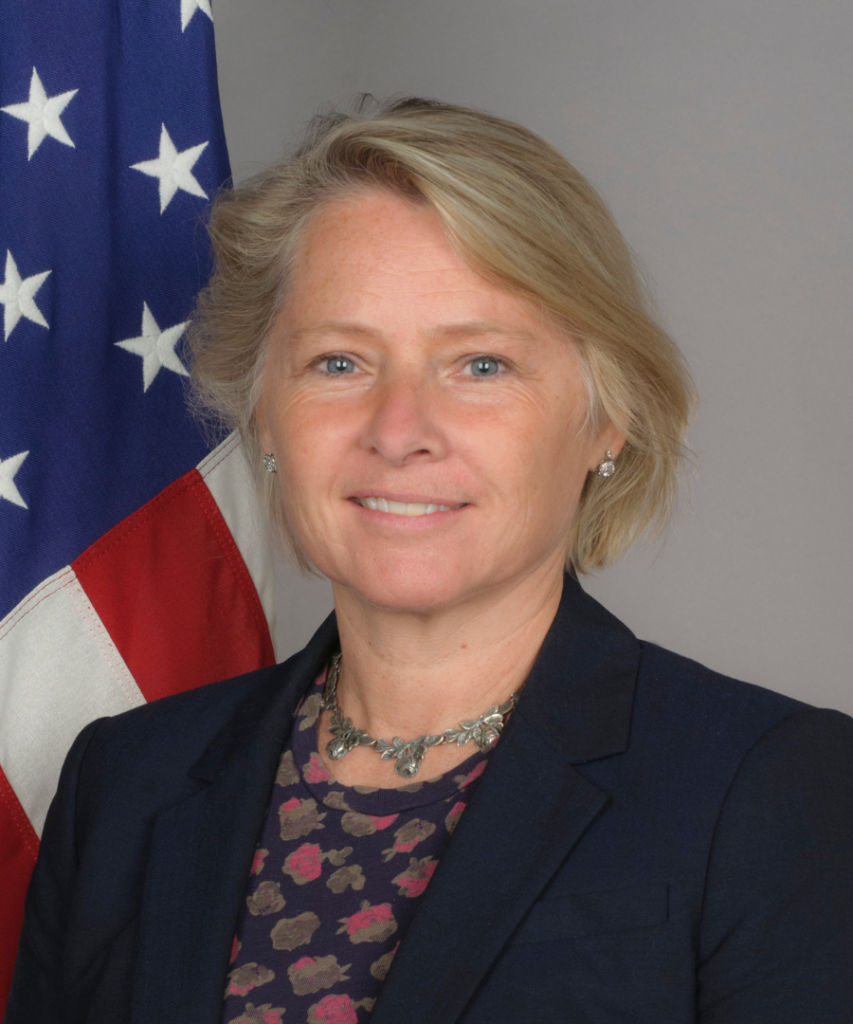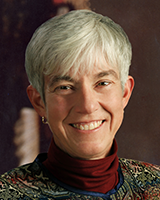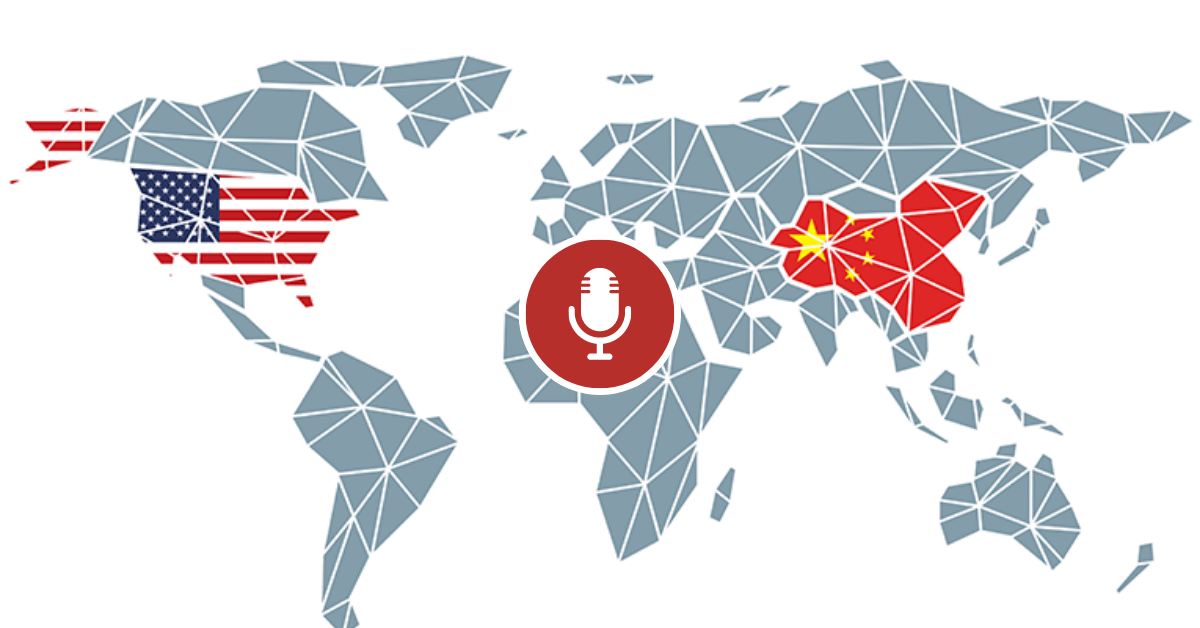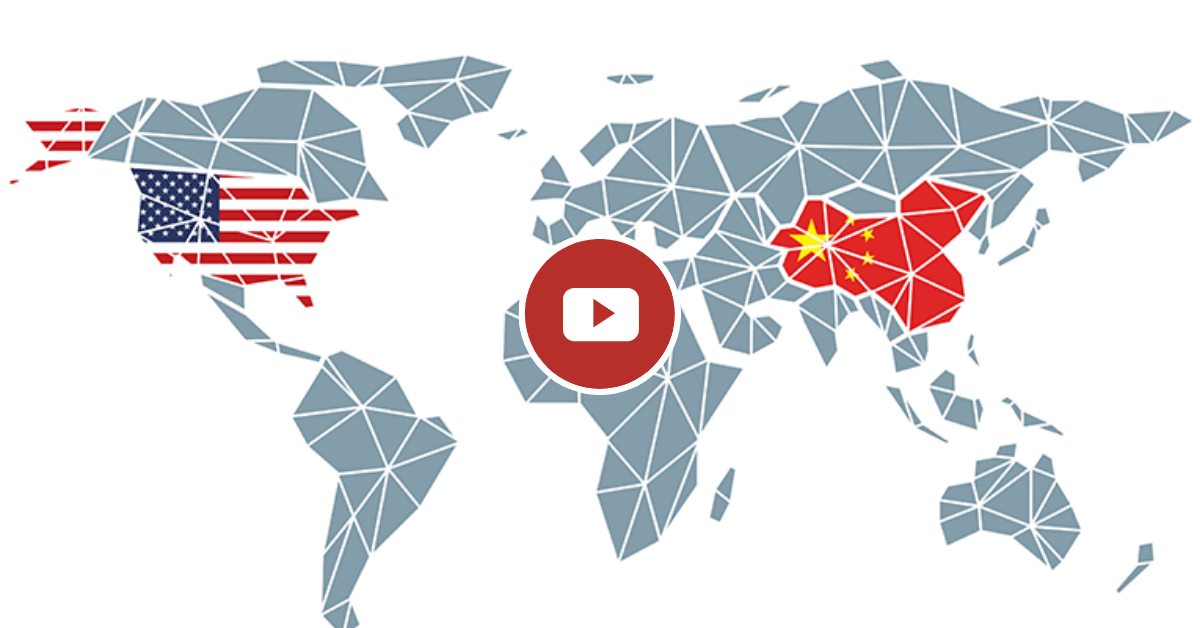Monday, August 17, 2020 | 4:00 PM EDT - 5:15 PM EDT
Zoom Webinar | Susan Thornton, Beatrice Camp
What is the role of diplomacy in American foreign policy? How does “soft power” fit in? Until recently, the United States hosted close to 370,000 Chinese students in the United States, and about 12,000 Americans studied in China annually; the Peace Corps placed more than 1,300 Americans in southwest China between 1993 and 2020; in the more than 40 years since the Fulbright program was re-established after diplomatic recognition in 1979, more than 3,000 Americans and Chinese have participated. (The first American Fulbright professor in China traveled to Guangzhou in 1947; the mainland China program was suspended after 1949.)
2020 appears to be a turning point. In addition to COVID-19, which resulted in the departure of many international students for their home countries, the United States has implemented visa restrictions on certain categories of students. The end of the Peace Corps China program was announced in January; the Fulbright program between mainland China and Hong Kong and the United States was suspended six months later. Both the United States and China have taken increasingly harsh measures against journalists stationed in each other’s countries. Another recent sign of the escalation in bilateral tension came in the closings of the Chinese Consulate in Houston and the U.S. Consulate in Chengdu.
On August 17, 2020, the National Committee hosted a virtual program with retired American diplomats Susan Thornton and Beatrice Camp to discuss the place of diplomacy in U.S. policy toward China and beyond.

Susan A. Thornton is a retired senior U.S. diplomat with almost 30 years of experience with the U.S. State Department in Eurasia and East Asia. She is currently a senior fellow and research scholar at the Yale University Law School Paul Tsai China Center, director of the Forum on Asia-Pacific Security at the National Committee on American Foreign Policy, and a non-resident fellow at the Brookings Institution.
Until July 2018, Ms. Thornton was acting assistant secretary for East Asian and Pacific Affairs at the Department of State, leading East Asia policy making amid crises with North Korea, escalating trade tensions with China, and a fast-changing international environment. In previous State Department roles, she worked on U.S. policy toward China, Korea, and the former Soviet Union, and served in leadership positions at U.S. embassies in Central Asia, Russia, the Caucasus, and China.
Ms. Thornton received her M.A. in international relations from Johns Hopkins SAIS and her B.A. from Bowdoin College in economics and Russian. She serves on several non-profit boards, including that of the National Committee on U.S.-China Relations, and speaks Mandarin and Russian.
Susan A. Thornton is a retired senior U.S. diplomat with almost 30 years of experience with the U.S. State Department in Eurasia and East Asia. She is currently a senior fellow and research scholar at the Yale University Law School Paul Tsai China Center, director of the Forum on Asia-Pacific Security at the National Committee on American Foreign Policy, and a non-resident fellow at the Brookings Institution.
Until July 2018, Ms. Thornton was acting assistant secretary for East Asian and Pacific Affairs at the Department of State, leading East Asia policy making amid crises with North Korea, escalating trade tensions with China, and a fast-changing international environment. In previous State Department roles, she worked on U.S. policy toward China, Korea, and the former Soviet Union, and served in leadership positions at U.S. embassies in Central Asia, Russia, the Caucasus, and China.
Ms. Thornton received her M.A. in international relations from Johns Hopkins SAIS and her B.A. from Bowdoin College in economics and Russian. She serves on several non-profit boards, including that of the National Committee on U.S.-China Relations, and speaks Mandarin and Russian.

Beatrice Camp
Beatrice Camp’s 32-year career as a foreign service officer was evenly split between the U.S. Information Agency and the U.S. Department of State, with assignments in Beijing, Bangkok, Stockholm, Budapest, Chiang Mai, Shanghai, and Washington, D.C. With her appointment in Shanghai, Ms. Camp became the first woman, and the first public diplomacy officer, to lead a U.S. consulate in China. In addition, she twice managed U.S. participation in major world’s fairs – Shanghai Expo 2010 and Milan Expo 2015 — and served as senior advisor at the Smithsonian.
Before joining the foreign service, Ms. Camp taught English at Chiang Mai University in northern Thailand, worked as a journalist in Washington, D.C., and helped pioneer the first electronic news service at Dow Jones in New York. She is currently editor of American Diplomacy, an online journal focused on international relations and foreign service life.
Ms. Camp received her bachelor’s degree from Oberlin College.

